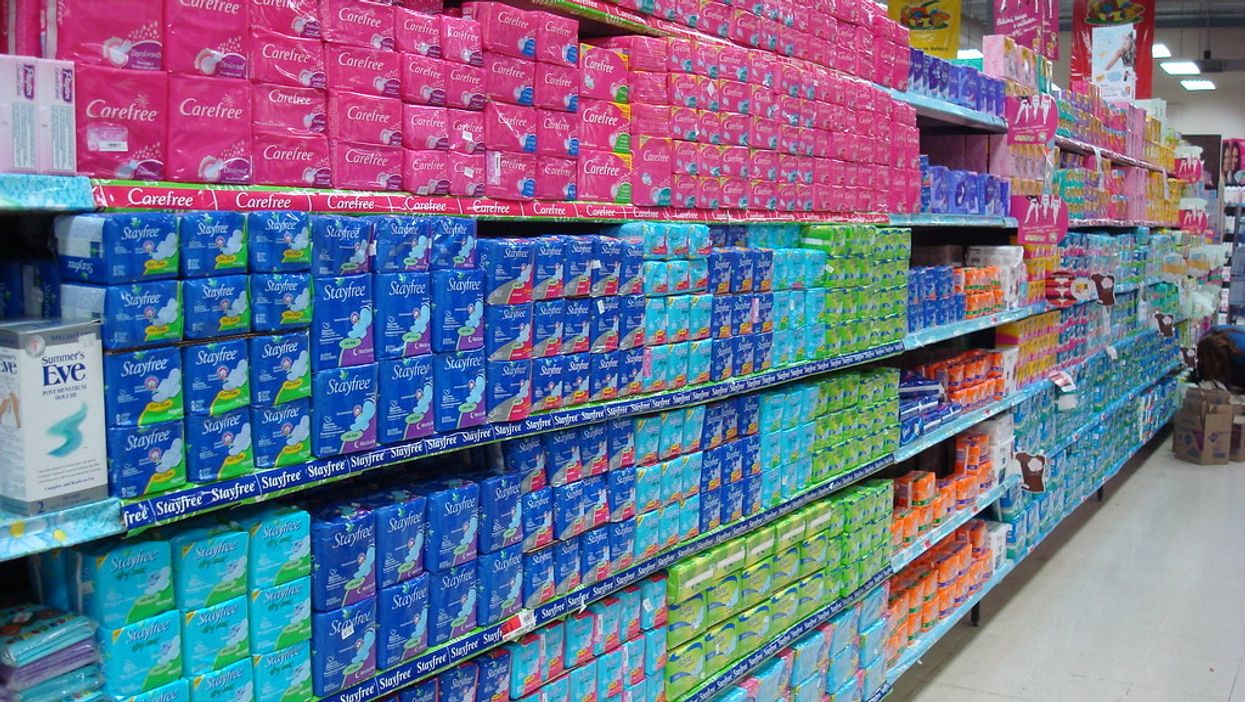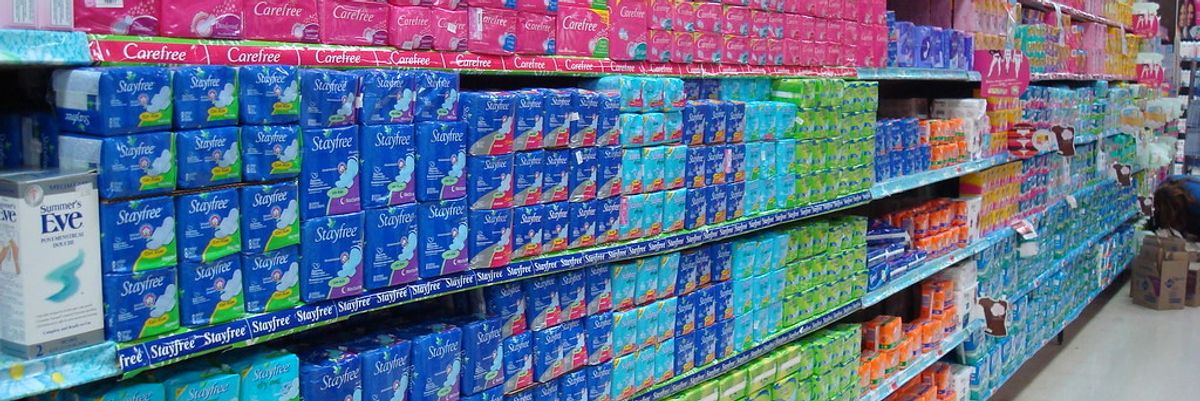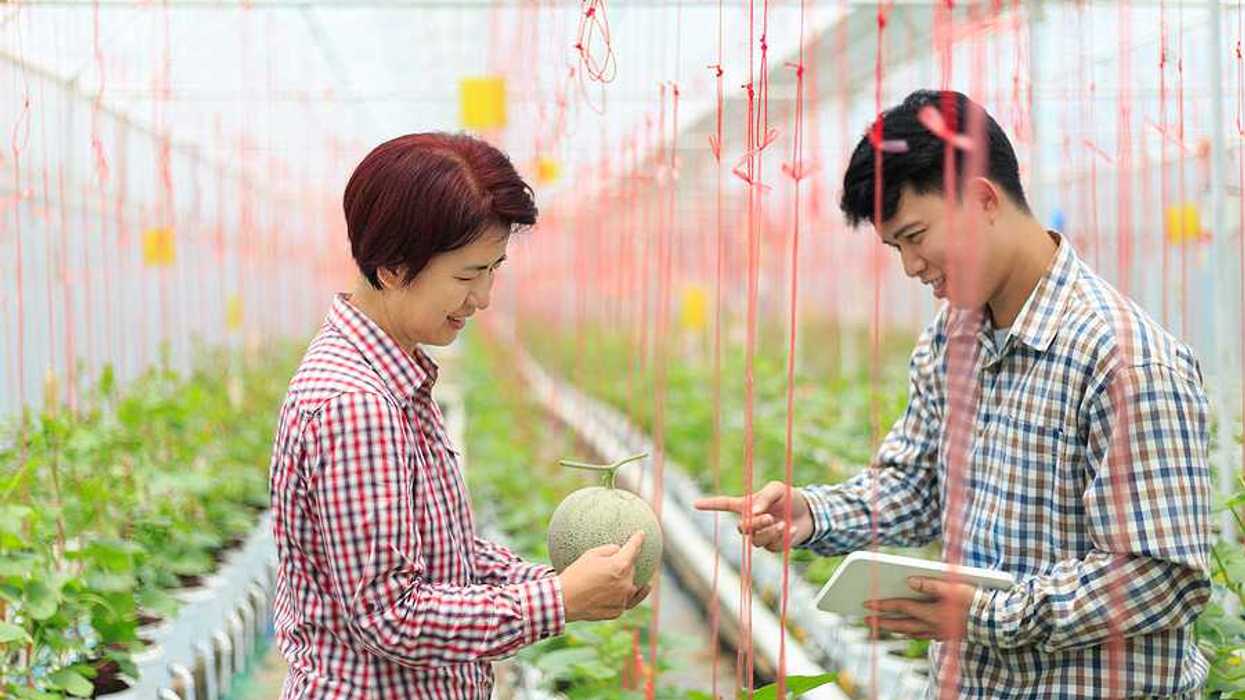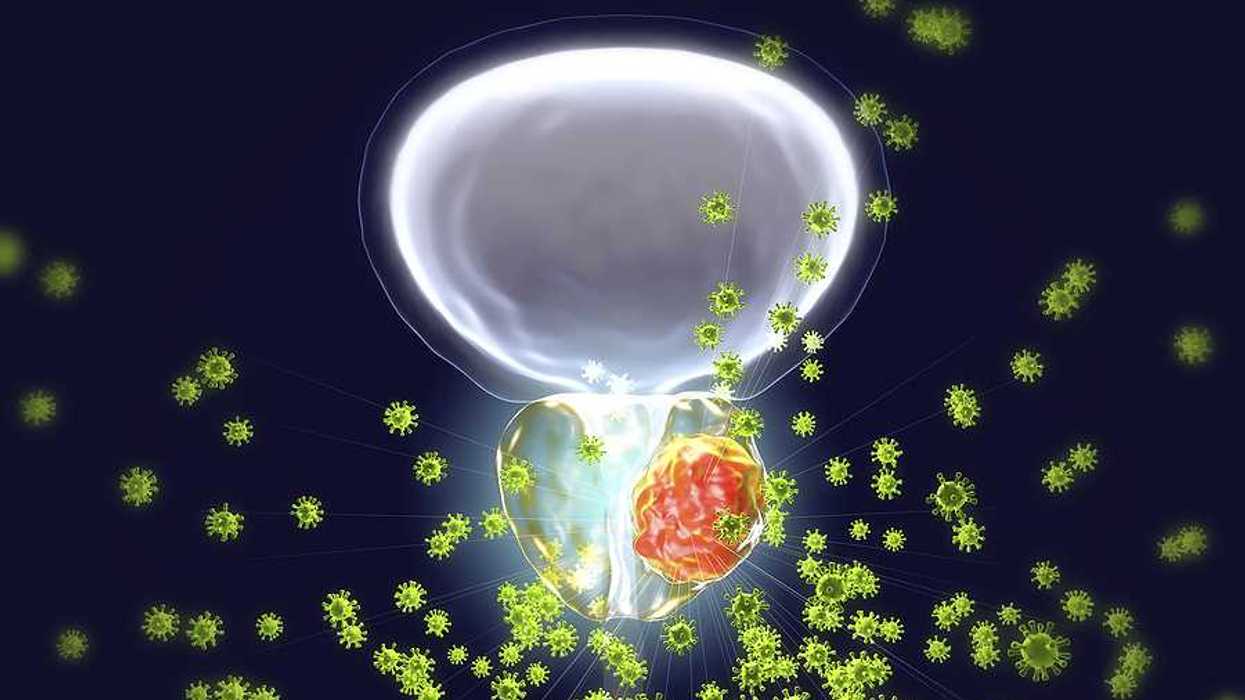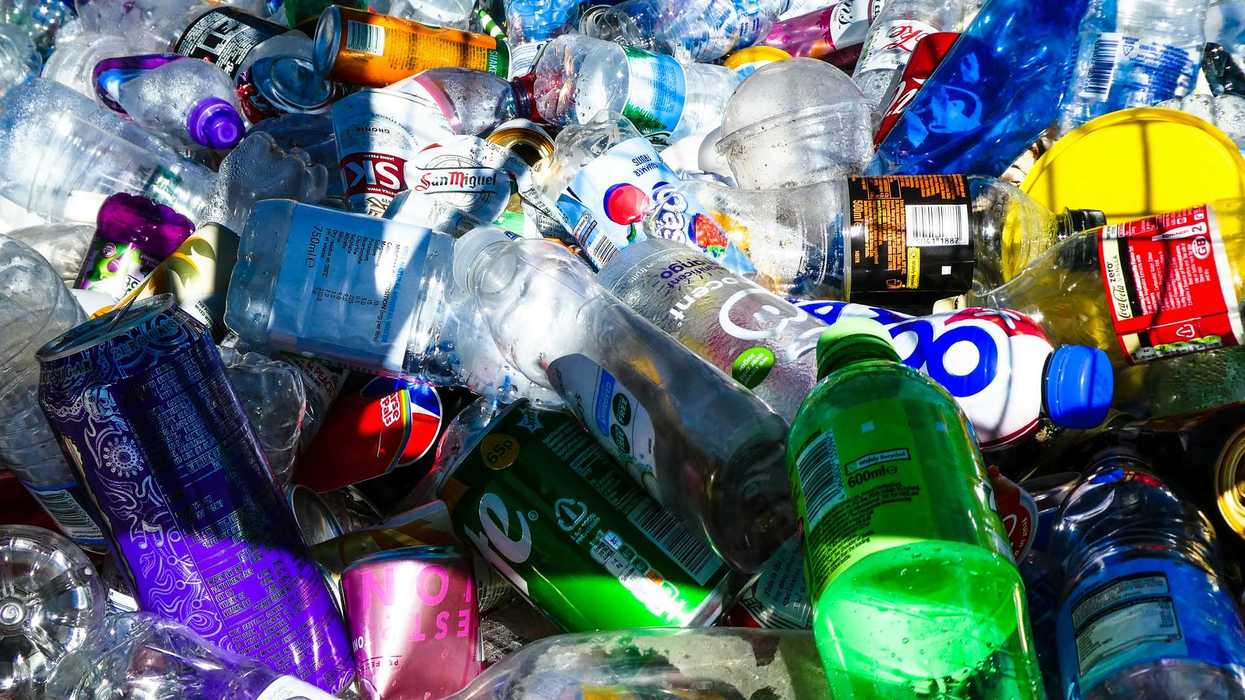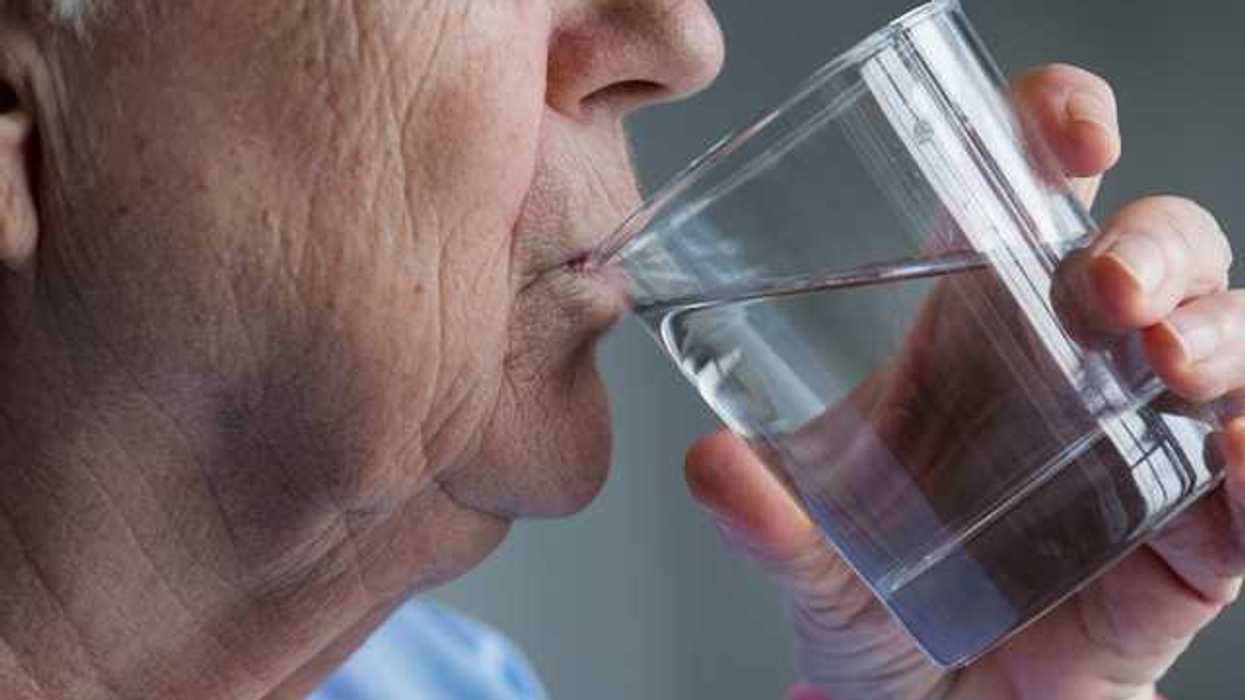Story update: This bill was signed into law in October.
A New York bill passed this summer would require labeling on menstrual products that lists the ingredients so women can avoid potential toxic exposure.
The bill, introduced by New York Assembly member Linda Rosenthal (D) and sponsored by state Senator Roxanne Persaud (D), comes months after EHN reported on research that found both menstrual pads and diapers contain volatile organic compounds and phthalates.
"We know what's in the food we eat, the medicine we take and the clothes we wear," said Senator Persaud in a statement. "The millions of consumers in New York have an absolute right to also know what's in our menstrual products; this legislation will resolve that, giving us the power to make better, safer choices when purchasing such products."
In January EHN reported on a new study published in Reproductive Toxicology that found toxics widespread in menstrual products and diapers, though it did not name the brands tested. In looking for certain volatile organic compounds (VOCs), researchers found methylene chloride in two brands of sanitary pads; toluene in nine; and xylene in all 11 brands tested. In diapers, all four brands tested contained toluene and xylene, none contained methylene chloride.
They also found two types of phthalates in all 11 brands of sanitary pads tested. In diapers, all four brands contained two types of phthalates, and another type of phthalate was found in one brand. The products had significantly higher levels of phthalates than what is commonly found in plastic goods.
After EHN's reporting, we spoke with Rosenthal about the study and our reporting and she expressed concern over women's exposure to the toxics.
The compounds found in the menstrual products and diapers in the study have been associated with multiple health problems. Exposure to VOCs increases the risk of brain impairment, asthma, disabilities, certain cancers, and the proper functioning of the reproductive system. Phthalates, used as plasticizers in products such as cosmetics, toys, medical devices and other plastics, have been linked to a variety of health concerns including endocrine disruption, impacts to the heart and reproductive systems, diabetes, some cancers, and birth defects.
There is currently no requirement for ingredient disclosure on menstrual products, Rosenthal's bill, currently awaiting signature by the governor, would be the first in the nation to require such disclosure.
"I know what's in my toothpaste and my shampoo, I should know what's in my tampons," Rosenthal said in a statement. "Menstruators have a right to know the ingredients in products that they put in and on some of the most sensitive parts of their bodies 24 hours a day, for seven to 10 days a month every month for as many as 40 years."
Multiple environmental groups and women's health organizations applauded the bill.
"No one should have to worry that their period products will cause harm to their health or future fertility. This legislation is an important first step," Amber Garcia, Executive Director, Women's Voices for the Earth (WVE), said in a statement referring to the NY bill.

